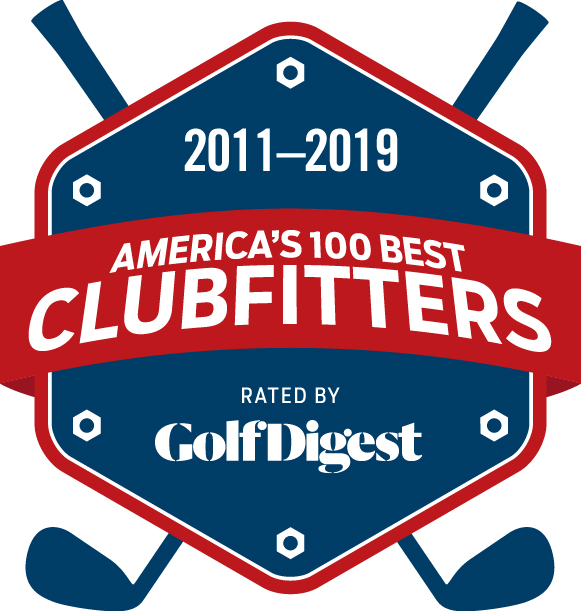Well, the manufacturer’s of forged irons would have you believe that their forging process is “the best”, but in both our testing and other independent testing, the real differences in the feel and performance of different forged irons is in the design. When we test clubs, we use the same shaft for each club so we know we are doing a good comparison. It is rare to see any differences in club speed but it is often that we see differences in ball speed and launch angle because of the design of the head and the loft. Typical lofts on forged irons are higher than their cast counterparts because forged irons are designed for better players that will de-loft the club at impact (a more negative attack angle). I will say that I am seeing more forged irons come to market. A new forged iron that we are excited about is the Epon line from Endo manufacturing. Endo makes a lot of forged clubs for many of the major equipment companies. Endo is the largest Japanese forged club manufacturer. The Epon design seems to have more options for golfers that need a little more forgiveness. Epon is THE premium forged iron on the market today (think Lamborghini). We will always love Miura because of their very tight manufacturing tolerances and design for better players. And Mizuno continues to lead the PGA Tour with truly forged iron sets in play. A couple of new entrants have been the PING Anser, the new Callaway Apex, Titleist AP2 and the TaylorMade MB. Does forged FEEL softer than cast? All things being equal, if you hit a similarly designed cast versus forged club on the sweet spot with the same shaft, the difference in feel would be negligible. So if you are hankering to put some forged clubs back in your bag, there are a lot of options to choose from. The only thing that will make a forged club feel and perform better for you is one that we fit to your exact swing specifics.
by Dan Sueltz
